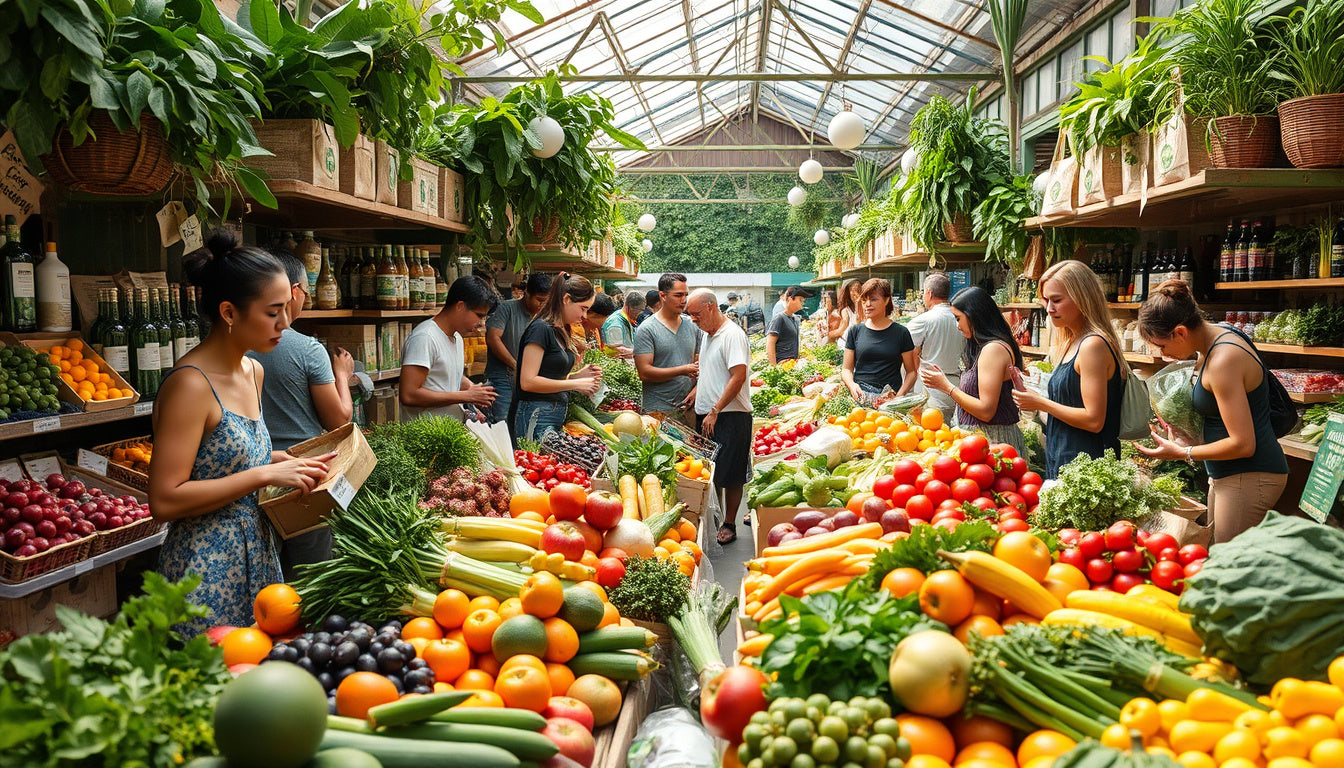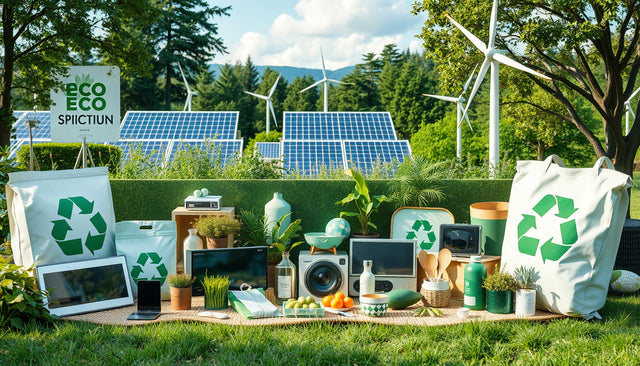A Better Way to Market Sustainable Products: Insights from NYU Stern and PwC Research
Growing Demand and Market Potential for Sustainable Products
Consumers choose sustainable products. Companies face hard tasks to serve green demand. They show potential growth, justify higher prices, and balance eco-friendly claims with usual product features. They also work to make claims clear among many confusing labels.
NYU Stern’s Center for Sustainable Business and PwC offer clear steps to help marketers. They show how to prove the business case, boost product appeal, and back claims with trust.
Clear Business Case: Sustainable Products Drive Strong Sales and Premiums
Researchers checked 12 years of U.S. data in 36 consumer packaged goods categories. They covered about 40% of the market. From 2019 to 2024, sustainable products grew by 12.3% each year. That is 2.3 times faster than other items. By 2024, green products made up 23.8% of all sales.
PwC asked 20,000 consumers in 2024. They were willing to pay a 9.7% premium for green goods. Data shows sustainable products did gain an average premium of 26.6%. In some cases, like paper products, the premium went over 100%. For coffee, cereal, and chocolate, it was around 50%.
Targeting the Right Customer Groups
Research shows that millennials, college-educated shoppers, urban residents, and high-income consumers buy sustainable products. Yet, buyers in all age groups choose green dairy products even at high premiums.
Marketing leaders must focus on the customer segments that show the strongest interest in sustainability.
Amplifying Appeal: Blending Sustainability with Core Product Qualities
Good marketing is like a hit song. It pairs one key product quality with a sustainability claim. One study by CSB and Edelman found that focusing on a main feature—like taste or effectiveness—and adding one or two green claims boosts appeal by 30 percentage points.
Practical Tip:
Link sustainability to a product’s best quality. For example, in skincare, use a message like “formulated with sustainable ingredients that are good for your skin.” This way, sustainability connects directly to what matters most.
Building Trust: Prioritize Claims That Matter to Consumers
Not all green claims carry the same weight. The best claims give clear benefits. They protect health, save money, support local farms, benefit children and future generations, care for animals, or use local, sustainable sources.
Claims about biodegradability, carbon neutrality, traceability, packaging details (except for all-recycled content), and certification seals may not engage buyers as strongly. Still, clear certification boosts trust for regulators and some consumers.
Ensuring Precision and Evidence in Claims
Vague claims like “clean” or “natural” can cause legal problems. This is especially true for products for children or skin care. Companies must back their sustainable claims with clear evidence and keep up with new rules.
The EU’s Corporate Sustainability Reporting and Due Diligence Directives demand careful monitoring of the value chain. The proposed EU Green Claims Directive will require scientific proof for each claim.
Strong value chain analysis and traceability help companies meet rules and build consumer trust.
Author Profiles
- Tensie Whelan: Distinguished Professor of Practice and Founding Director of NYU Stern Center for Sustainable Business.
- David Linich: PwC Principal specializing in decarbonization and sustainable operations.
Conclusion
Marketing sustainable products needs more than a green badge. It takes a plan that links green claims to real product benefits. It requires focusing on the right customers and making clear, evidence-based claims. Companies using these ideas can grow, charge premium prices, and win lasting trust in a market that values sustainability.
Design Delight Studio curates high-impact, authoritative insights into sustainable and organic product trends, helping conscious consumers and innovative brands stay ahead in a fast-evolving green economy.






















0 comments